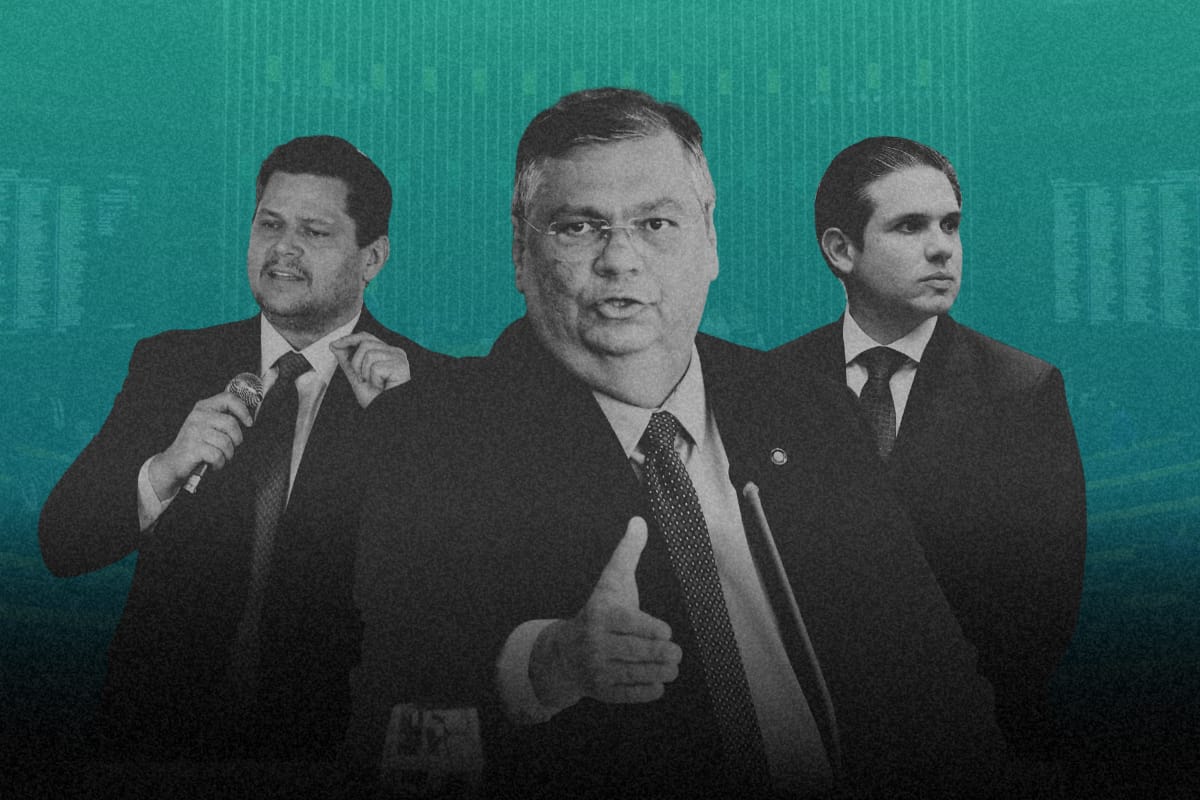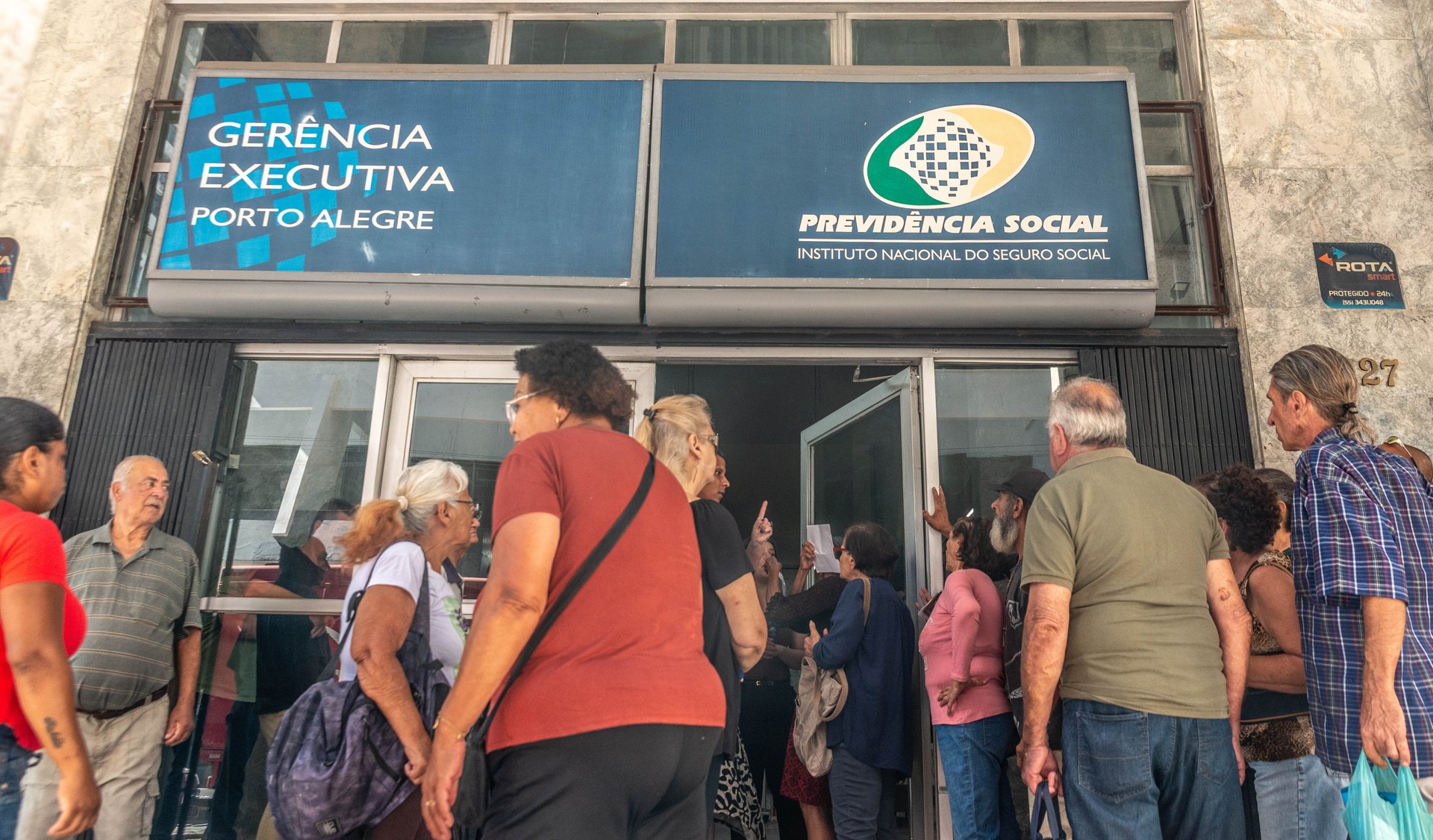Who decides where public funds go? In Brazil, as in many other democracies around the world, the president proposes an annual budget bill that outlines planned revenue and expenditures for the upcoming year.
Lawmakers then get to vote on this bill and they can amend it, earmarking funds for new projects — the so-called congressional grants. Since they’re the ones most familiar with the needs of the communities they represent, these grants are designed to help ensure the money ends up where it’s most needed. Then, throughout the following year, the executive branch does what its name suggests: it executes that budget plan.
But over the past decade, Brazilian lawmakers have steadily built up ways to expand their amendment powers. That has included increasing the overall volume of congressional grants; making a large share of them mandatory spending; limiting the executive branch’s power over when to release those funds; and creating ways to erase transparency and traceability from the process. A perfect recipe for corruption, which has now trickled down to state and municipal levels.
The peak of this process came under far-right former President Jair Bolsonaro (2019-2022), with what became known as the “secret budget.” Then-candidate Luiz Inácio Lula da Silva called out the scheme on the 2022 campaign trail — but once elected, he didn’t have the political strength to overturn it in Congress.
That job fell to the Supreme Court, which stepped in to reset how the Brazilian budget works and greenlighted dozens of investigations into possible misuse of funds. Yet, with each ruling, lawmakers have found new ways to get around the rules — a cat-and-mouse game in broad daylight.
But the court has just brought the public into the chase. Justice Flávio Dino ordered the three branches of government to run a nationwide awareness campaign — from December through March — to explain how congressional grants are executed.
The idea is to show the public where they can access information about these amendments, teach people how to track where the money goes, and encourage them to report irregularities or wrongdoing. Will that finally be enough?
To unpack the complexities of Brazil’s budget machinery, our guest is Guilherme France, research and advocacy manager at Transparency International in Brazil. He holds master’s degrees in Law and Social Sciences and has extensive experience as a consultant on congressional grants.
In this conversation, he analyzes:
The current state of budgetary control in Brazil
Its impact on power dynamics between the executive and legislative branches
The consequences for 2026 elections and public policies
What to expect from the Supreme Court on this issue










